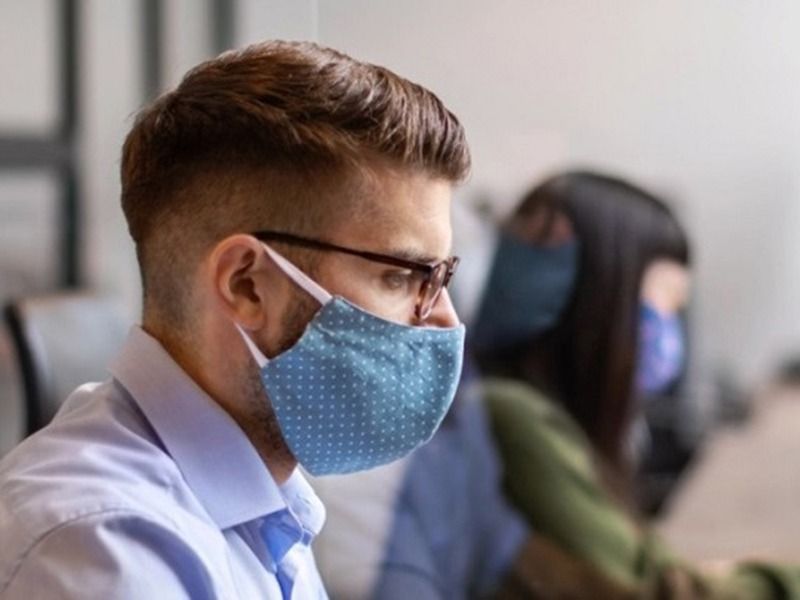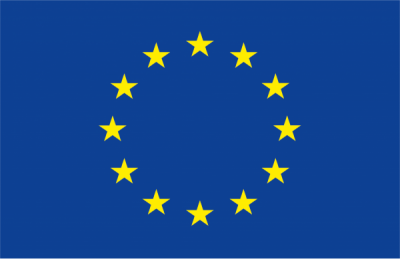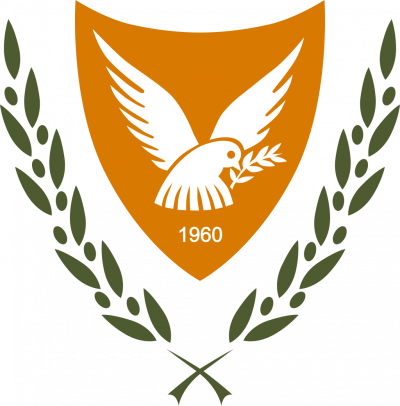
New research activities for detecting the presence of coronavirus in the air
Researchers of the Climate and Atmosphere Research Center (CARE-C) of The Cyprus Institute are developing and testing new sampling and analytical techniques aimed at detecting the presence of SARS-CoV-2, the virus responsible for COVID-19, in the breathing air within indoor atmospheric environments. The ultimate aim of these activities is the timely identification and development of new, practical solutions for monitoring and detecting SARS-CoV-2 in the air to help the fight against COVID-19.
These research initiatives, focusing both on supporting hospitals and front-line professionals, and the general public, come amidst Europe experiencing an increase of new COVID-19 cases, and at a time of increasing warnings from many in the scientific community for taking decisive action in response to growing evidence of airborne transmission of coronavirus, that has also been recognized as a risk by the World Health Organization (WHO).
Airborne transmission involves tiny virus-containing droplets (aerosols) that can remain suspended in the air for several hours within indoor environments. These aerosols, less than five microns in diameter, may contain large amounts of virus copies, and can penetrate the human respiratory track more efficiently compared to larger droplets. This can have wide implications for the transmission of the virus in indoor environments, particularly in busy public spaces such as restaurants and bars where wearing a mask is not mandatory.
To address these concerns, CARE-C has secured funding from national and international bodies for two new projects:
CURE-SARS: Helping clinicians on the fight against COVID-19 by providing technical solutions to identify the presence of SARS-CoV-2 in indoor medical environments, specifically hospitals and intensive care units (ICUs), and improving our knowledge on the potential spread of the virus. According to the Coordinator of CURE-SARS, Dr Michael Pikridas “the primary aim of CURE-SARS is to inform health professionals working in ICU or hospital clinics on whether their operating protocol puts them in danger and in this way help protect them from unnecessary exposure. Through the project, we also aim to add new knowledge concerning coronavirus, by identifying the size distribution of the virus while airborne, an important information to be considered by public health organizations and epidemiologists when proposing mitigation measures against SARS-CoV-2”.
AIR-COVID-Network: Developing and testing the potential of a network of sampling points for the monitoring and timely detection of SARS-CoV-2 in the air within busy indoor public spaces (such as airports, shops, restaurants) that routinely integrate exhaled aerosols from tens to hundreds of individuals within the span of a few hours. In close collaboration with public departments of the Cyprus Government, field tests to be performed within SARS-CoV-2 contaminated indoor environments of General Hospital in Cyprus, will allow for the rapid development of an optimal and low-cost “SARS-CoV-2 filtration unit” and its deployment within a network of several monitoring points in Cyprus in the coming months.
Prof. Jean Sciare, Director of CARE-C and Coordinator of the AIR-COVID-Network project notes that the “continuous monitoring of the air has the potential of quickly alerting us to risks of local contamination, and can enable the taking of targeted and timely mitigation actions (such as lockdowns and disinfections) to geolocate the presence of new emerging infectious clusters and contain the large-scale spreading of the virus. Networks have already demonstrated their potential to detect airborne viruses within crowded, indoor environments, but to the best of our knowledge, we are the firsts to test the potential of such a network in relation to the SARS-CoV-2 coronavirus”.
Further, in relation to the Center’s projects, Prof Sciare notes that “the approaches proposed aim to offer simple and cost-effective options for monitoring the spread of the coronavirus, in addition to the time-consuming and expensive method of random COVID-19 screening tests of large subsets of the population that has been employed so far. We are aiming for this to be a means through which research and innovation can help us more rapidly and effectively monitor the spread of the coronavirus and support efforts to contain it”.
The projects CURE-SARS (CONCEPT-COVID/0420/0015) and AIR-COVID-NETWORK (CONCEPT-COVID/0420/0014) are co-financed by the European Regional Development Fund and the Republic of Cyprus through the Research and Innovation Foundation. AIR-COVID-NETWORK has also received funding from Agence Universitaire de la Francophonie (AUF).




